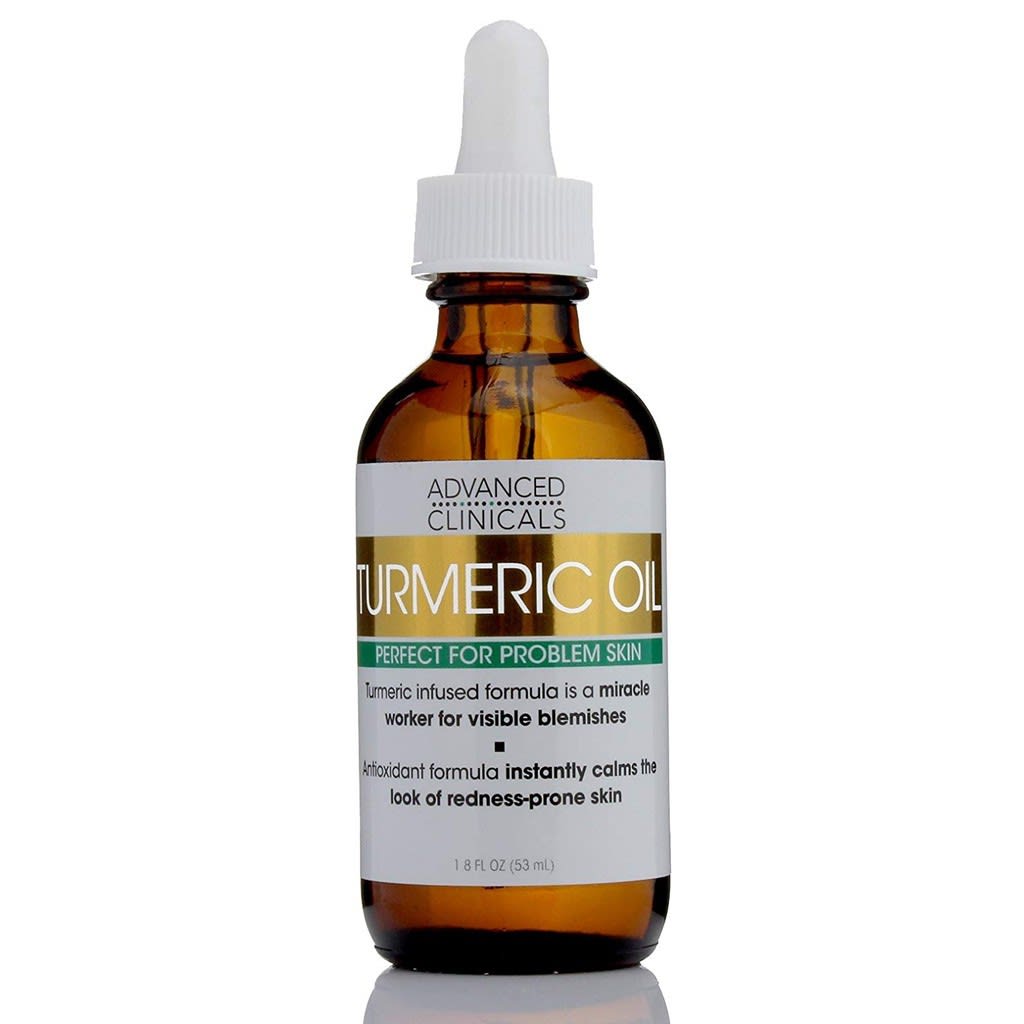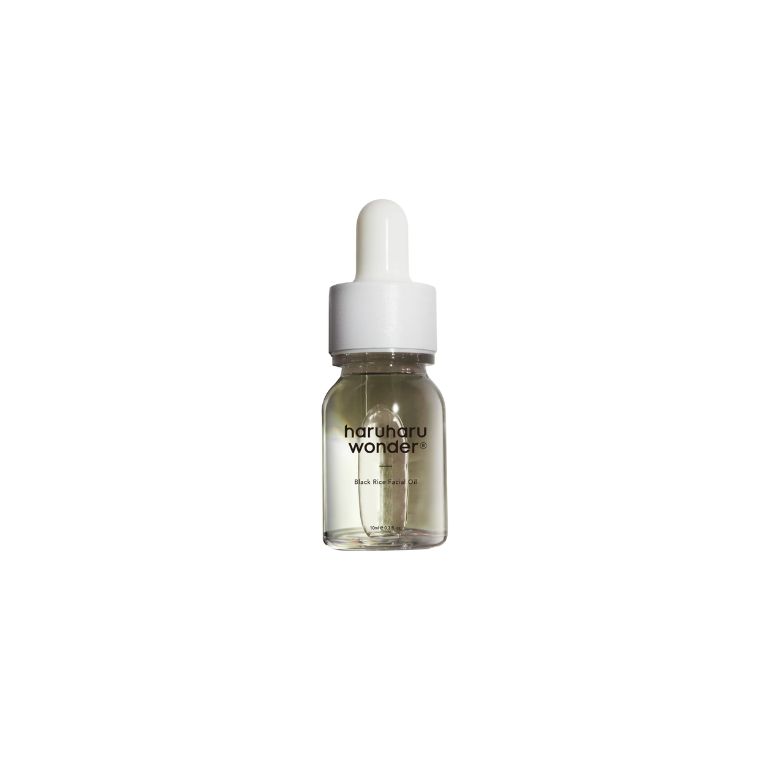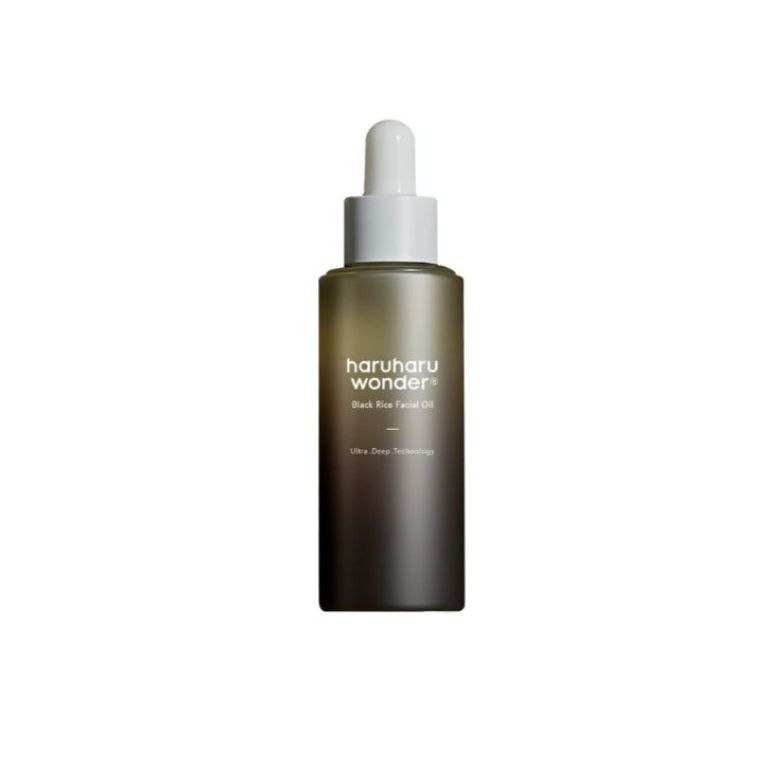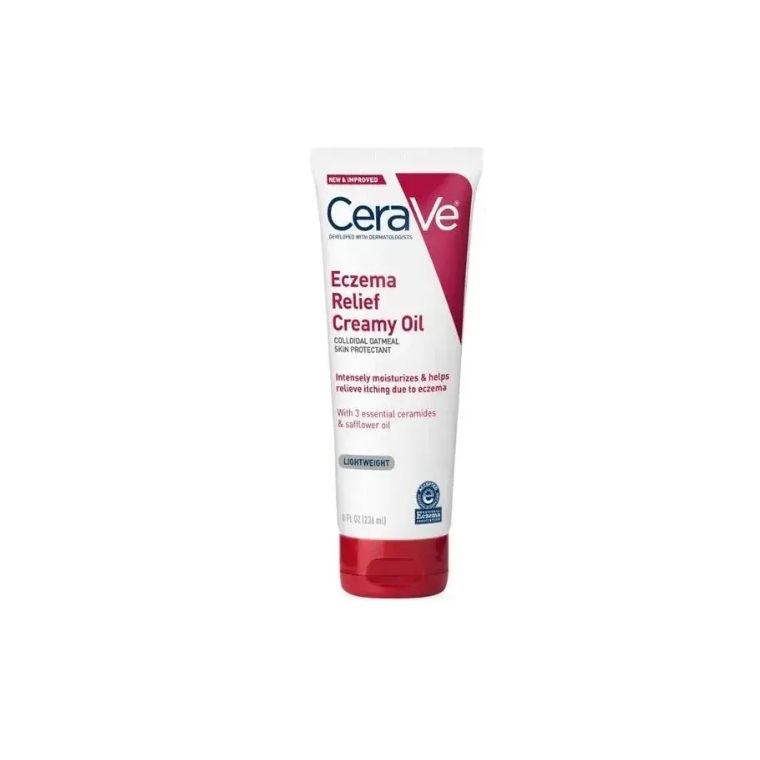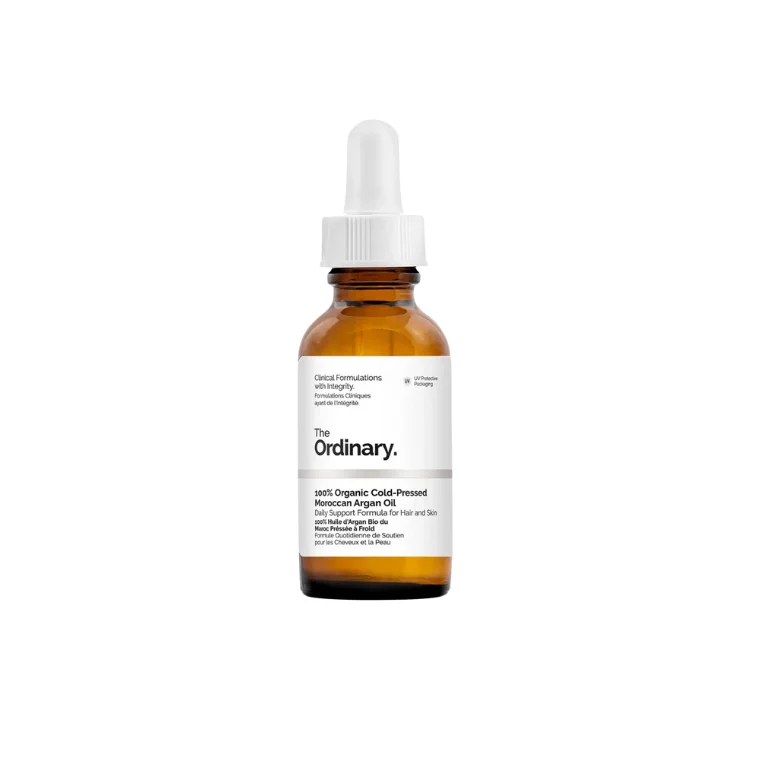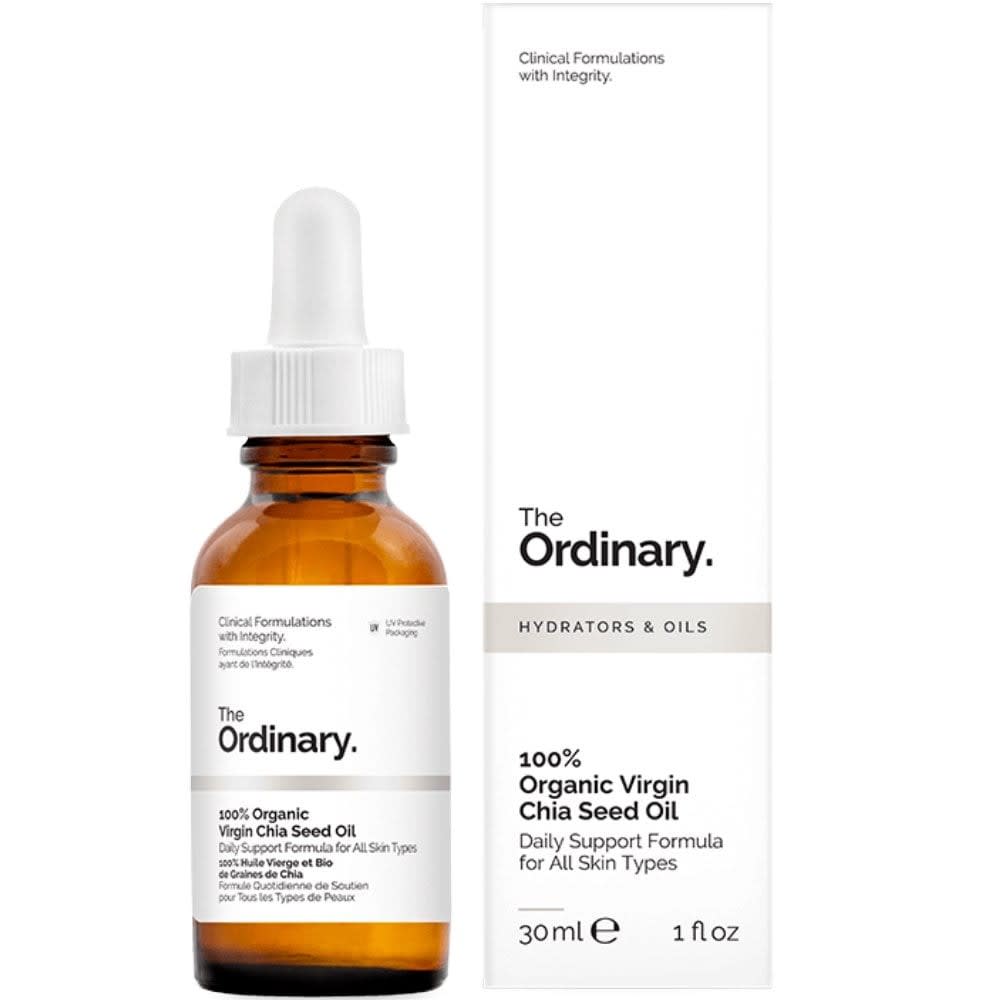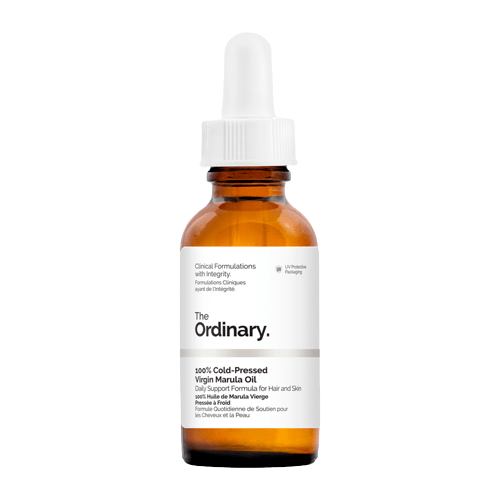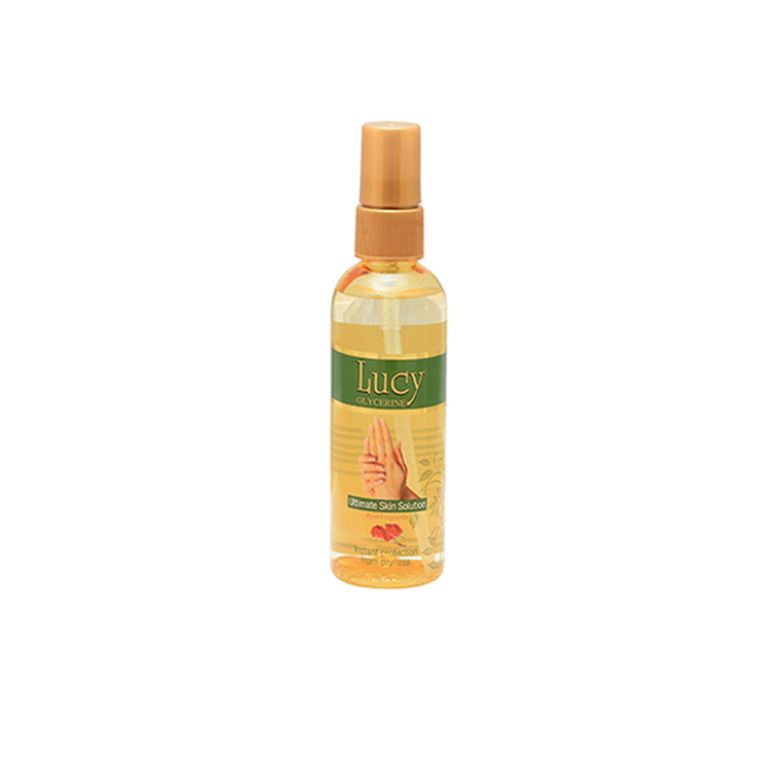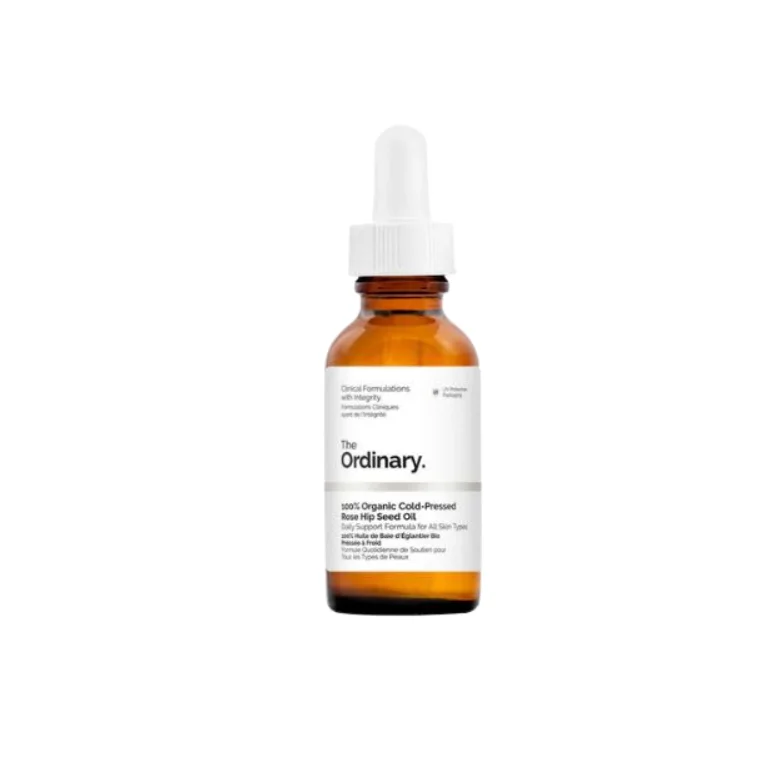Best Face Oil Price in Bangladesh
Plant-based oils are used to make facial oils, which are skincare treatments that moisturize and nourish the face. Their ability to retain moisture can help the skin feel smooth and silky. Rich in vitamins and antioxidants, facial oils help shield the skin from harm and enhance its beauty. Because they can balance natural oils, Beauty Booth Bangladesh's facial oils are good for all skin types, even oily skin.
What is Face Oil?
The purpose of face oil as a skincare product is to provide moisture to the skin. It offers important fatty acids, antioxidants, and vitamins that support the maintenance of healthy skin. It is usually created from a combination of plant-based oils. Face oils are much more concentrated than creams or lotions, providing intense hydration along with a barrier that keeps moisture in.
Beauty Booth Bangladesh has multipurpose facial oils; they can be applied topically or beneath moisturizers. Using face oil has several advantages, such as enhanced skin texture, a glowing complexion, and a defense against environmental harm. Typical components include rosehip, argan, and jojoba oils; each has special advantages such as brightening the skin, reducing inflammation, and preventing aging.
How to Use Facial Oil
-
Wash your face first. To get rid of pollutants, makeup, and grime, use a mild cleanser.
-
Use a toner if you use one to help balance the pH of your skin and get it ready for improved absorption of the face oil.
-
Give your hands a couple of drops of face oil. Gently massage the oil into your skin after warming it between your palms.
-
Work the oil into your skin by massaging it upward and outward. This promotes even dispersion and helps to increase circulation.
-
You can incorporate facial oils into your nighttime and morning skincare regimens. When using the oil during the day, let it penetrate before putting on makeup and sunscreen.
Benefits of Facial Oil
1. Deep Hydration: Compared to creams, facial oils can penetrate the skin more efficiently, offering deep hydration and retaining moisture, which is particularly advantageous for dry skin.
2. Nourishment: Facial oils, which are abundant in vitamins, antioxidants, and essential fatty acids, nourish the skin and aid in cell regeneration, damage healing, and general skin health.
3. Anti-Aging: Rosehip, argan, and marula oils are a few components found in many face oils that are renowned for their anti-aging qualities. Because these oils increase skin suppleness and collagen formation, they can help minimize the appearance of fine lines, wrinkles, and age spots on the skin.
4. Balancing: Jojoba and tea tree oil, two types of facial oils, can help balance oily and acne-prone skin, despite the popular belief that oils are only for dry skin.
5. Protection: The protective layer that facial oils form on the face shields it from outside influences such as pollution, UV radiation, and harsh conditions.
6. Improved Texture and Radiance: Regular application of face oil can improve the texture of the skin, leaving it softer and smoother.
7. Soothing and Calming: The calming qualities of oils such as calendula, lavender, and chamomile can ease sensitive or irritated skin, minimizing redness and inflammation.
Types of Facial Oil
Marula Facial Oil
Marula oil offers protection and hydration without feeling greasy because it is lightweight and absorbed rapidly. It has a lot of omega fatty acids and antioxidants, which support and shield the skin from harm from the environment.
Olive Oil for Face
Olive oil offers significant hydration and nourishment, assisting in the softening and smoothing of the skin. It is rich in antioxidants and vitamins A, D, E, and K.
Grapeseed Oil for Face
The oil from grapeseed is Raised in linoleic acid, which helps control oil production, grapeseed oil is fast-absorbing, lightweight, and balanced. In addition, it contains antioxidants that shield the skin from harmful environmental rays.
Tea Tree Oil for Face
Tea tree oil is well-known for its antibacterial and anti-inflammatory qualities, which make it useful for treating acne and lowering inflammation and redness.
Argan Oil for Face
Argan oil is rich in antioxidants and vitamin E. It leaves the skin feeling incredibly moisturized and softened. It is perfect for aging skin because it helps increase suppleness and minimize the appearance of wrinkles.
Face Oil for Dry Skin
Choose facial oils such as marula oil, rosehip oil, and argan oil if you have dry skin. These oils contribute to rebuilding the skin's moisture barrier and offer deeply hydrating benefits. They are abundant in antioxidants and vital fatty acids, which nourish and soften skin. Rosehip oil encourages skin renewal, marula oil guards against environmental damage, and argan oil increases suppleness.
Face Oil for Oily Skin
Lightweight, non-comedogenic oils that help control sebum production without blocking pores are ideal for oily skin types. Jojoba oil helps control oil levels by imitating natural skin oils. Acne is lessened and tea tree oil has antimicrobial properties. Linoleic acid, which is strong in grapeseed oil, can regulate oil production. Hydration is achieved with squalane oil without being greasy.
Face Oil for Combination Skin
An oil for the face that is balanced and moisturizes without being overly oily is perfect for mixed skin. Seek out oil that is lightweight and non-comedogenic, such as grapeseed, and resembles the skin's natural sebum, jojoba, to help control oil production. Squalane is an additional choice; it offers calming and hydrating properties without clogging pores. Marula oil has the added benefit of nourishing while regulating oil levels.
Frequently Asked Questions (FAQ)
Can I apply face oil daily?
You can apply facial oil once or twice daily.
Is face oil the same as serum?
No, serums and oils differ greatly from one another.
